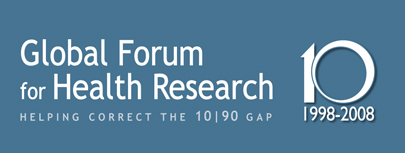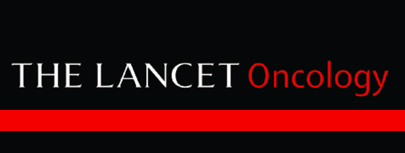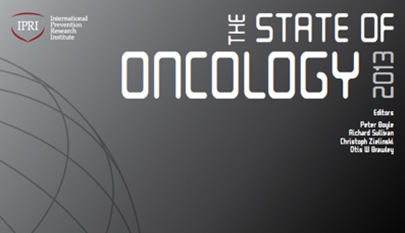Delivering affordable cancer care in high-income countries
The Lancet Oncology
Great strides have been made over recent decades in the treatment of cancer. Outcomes are improving and the numbers of cancer survivors are rising rapidly. These advances have taken place on the back of remarkable research, which has fostered a much deeper understanding of the fundamental complexities of tumour and host biology and its translation to the clinic. New technologies, regimens, and care algorithms oðer countless choices for screening, diagnosis, treatment, and prognosis, and have increased the customisation of cancer management allowing greater alignment with patients’ individual needs. Advances in prevention and palliation have also taken place, albeit at a slightly less dramatic pace. These developments have placed extra demands on existing health-care systems—demands that many care infrastructures were not designed to meet. Long-term follow-up and care for cancer survivors, for example, is becoming an increasingly diðcult dilemma. Moreover, these changes come at a price. The scale of this cost is fiercely debated, ranging from the idealistic, which advocates that everything is possible irrespective of cost, to the fatalistic point of view, in which health- care systems will collapse imminently. Neither of these two extremes will be correct, but what is certain is the current approach to the provision of cancer care is unsustainable, even for the wealthiest countries.

















